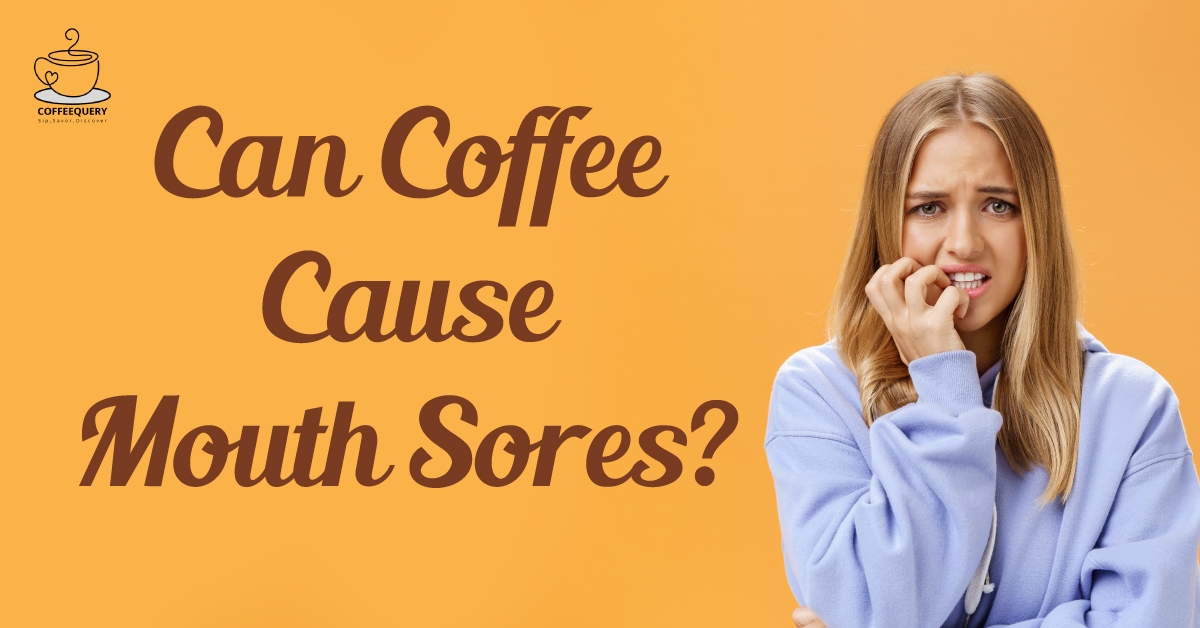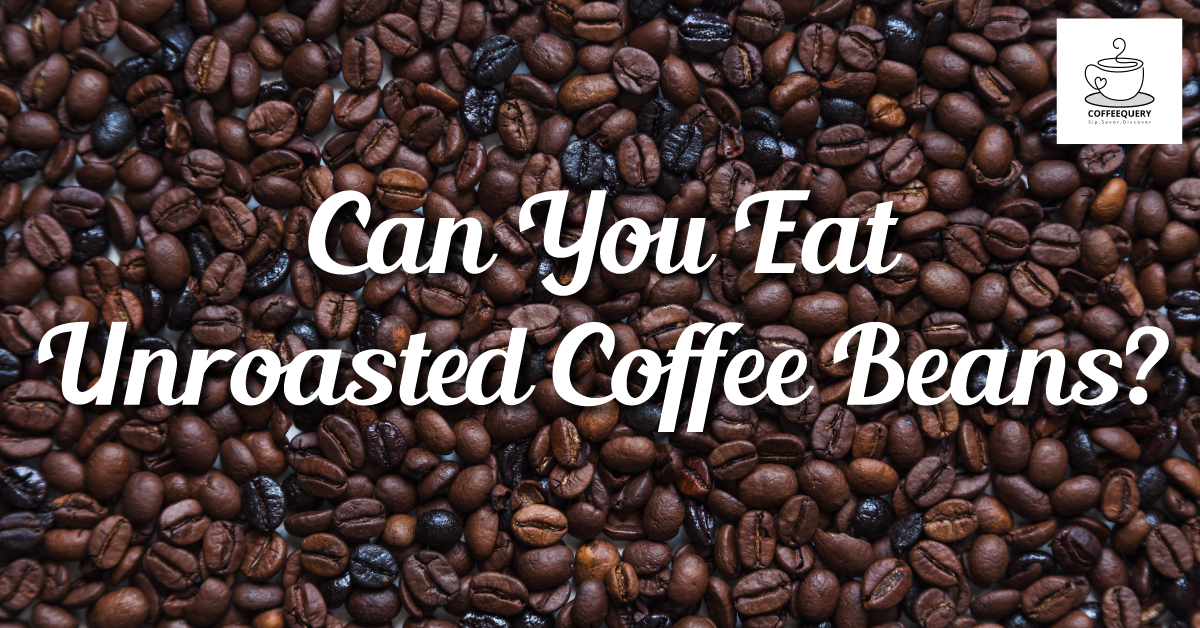Coffee is one of the world’s most popular beverages, loved for its rich flavor and stimulating effects. But for some, the question arises: Can coffee cause mouth sores? Understanding this connection can help those who frequently suffer from mouth sores to find relief without giving up their daily cup of joe. This article explores the possible link between coffee and mouth sores, delving into causes, prevention, and alternative options.
Can Coffee Cause Mouth Sores: What Are They?
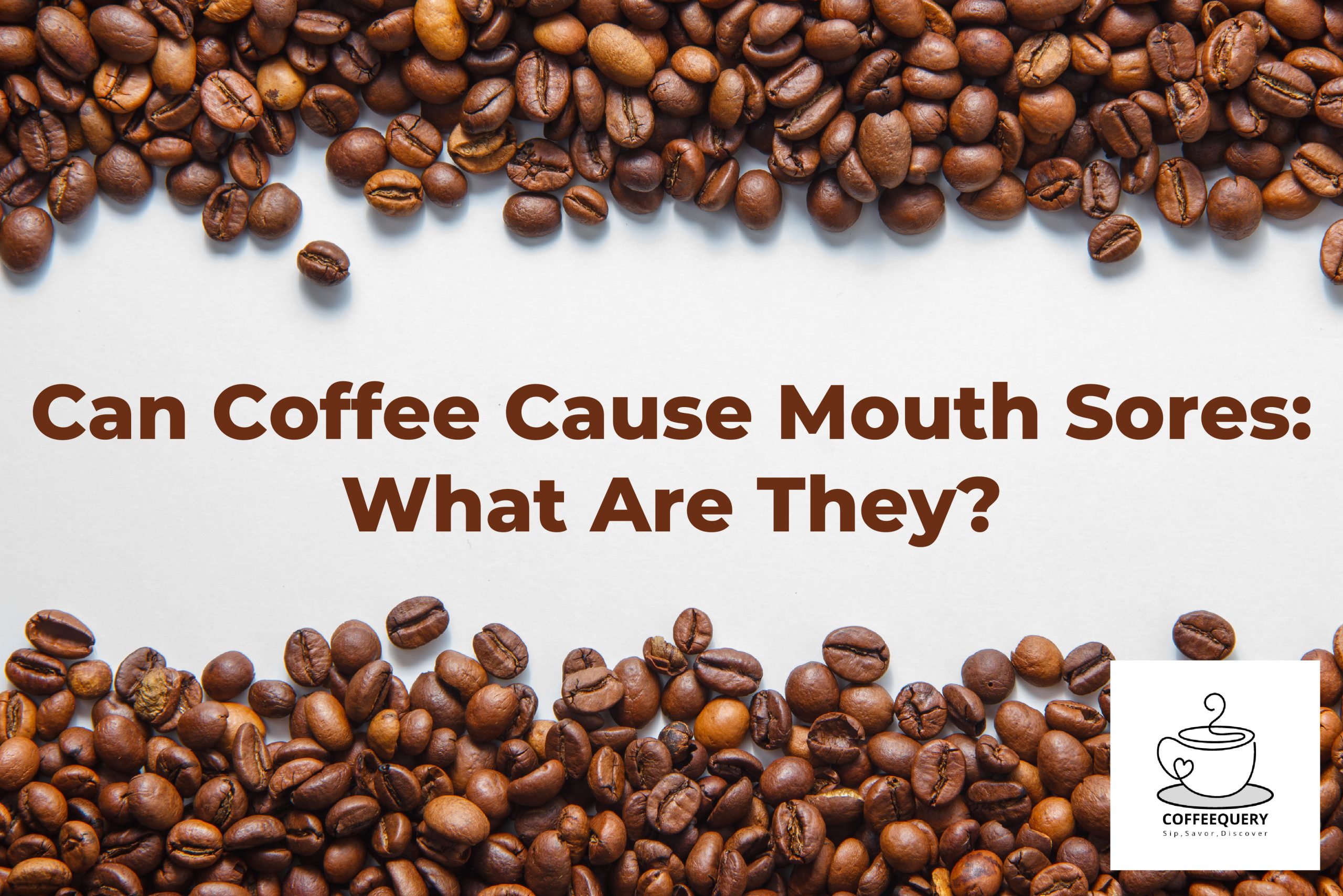
Mouth sores, also known as canker sores or oral ulcers, are small, painful lesions that develop on the soft tissues of the mouth. They can appear on the gums, inside the lips or cheeks, and even on the tongue. Though usually harmless, they can be uncomfortable, especially while eating or drinking.
Common Types of Mouth Sores and Their Symptoms
The most common types of mouth sores include:
- Canker Sores: These small ulcers are typically white or yellowish with a red border. They can be painful, particularly when eating or drinking.
- Cold Sores: Often caused by the herpes simplex virus, cold sores appear as fluid-filled blisters, usually on the lips but can also affect the mouth’s interior.
- Oral Thrush: A yeast infection that presents as white patches in the mouth. Unlike other sores, it can be wiped away but may leave a sore, bleeding area underneath.
How Long Do Mouth Sores Typically Last?
Most mouth sores heal within one to two weeks. However, more severe cases, especially if caused by underlying conditions, may take longer to resolve.
The Chemistry of Coffee: What’s in Your Cup?
To answer, can coffee cause mouth sores, it’s essential to understand what makes up a cup of coffee. Its ingredients, including acidity and caffeine, can have significant effects on oral health.
The Acidity of Coffee and Its Potential Impact on Oral Health
Coffee is naturally acidic, which can irritate the sensitive tissues of the mouth. For individuals prone to mouth sores, this acidity may exacerbate symptoms.
Caffeine Content: How It Affects Your Body
Caffeine stimulates the nervous system but may also have a drying effect on the mouth. Reduced saliva can hinder the healing process of sores and increase discomfort.
Other Compounds in Coffee That Could Trigger Reactions
Aside from acidity and caffeine, coffee contains various oils and natural compounds. These elements can sometimes cause an adverse reaction, especially in those with sensitivities.
Exploring the Link Between Coffee and Mouth Sores
Can Coffee’s Acidity Irritate the Soft Tissues of the Mouth?
Acidic foods and beverages, such as coffee, may irritate the mouth’s mucous membranes, leading to inflammation or sores. Individuals with sensitive oral tissues might be more susceptible to this irritation.
Does Drinking Hot Coffee Make a Difference?
The temperature at which coffee is consumed can also impact the risk of developing sores. Hot beverages may burn or irritate the mouth, potentially leading to sore formation.
The Role of Caffeine in Slowing Down the Healing Process
Caffeine’s drying effect on the mouth reduces saliva production, making it harder for the mouth to heal naturally. A dry mouth may exacerbate existing sores or contribute to the formation of new ones.
Comparing Different Coffee Types: Are Some Worse Than Others?

Is Dark Roast More Likely to Cause Problems Than Light Roast?
Dark roasts generally have a stronger taste and may seem more acidic, but the actual acidity level tends to be lower than that of lighter roasts. Some people may still experience irritation due to the intensity of flavor.
Does Decaf Coffee Pose a Risk for Mouth Sores?
Decaf coffee contains less caffeine, which may help minimize dryness in the mouth. However, its acidity levels remain, which could still trigger sores in susceptible individuals.
Can Cold Brew Be a Safer Option for Sensitive Mouths?
Cold brew coffee is less acidic compared to hot brewed coffee. For people who wonder, can coffee cause mouth sores, switching to cold brew might reduce the risk.
How Common Are Coffee-Related Mouth Sores?
What Scientific Studies Say About Coffee and Oral Health
Research on coffee’s direct impact on mouth sores is limited, but some studies suggest that the acidity of coffee can aggravate conditions that may lead to mouth sores.
Anecdotal Evidence: Do Coffee Drinkers Often Experience Mouth Sores?
Some coffee drinkers report mouth irritation after consuming coffee, although individual experiences vary widely. This anecdotal evidence supports the possibility that coffee may be a contributing factor.
Other Factors That Can Influence Mouth Sore Development
Genetic Predisposition: Are Some People More Prone to Mouth Sores?
Some individuals may be genetically predisposed to developing mouth sores. If a person frequently experiences sores, coffee might exacerbate an underlying sensitivity.
The Impact of Stress on Oral Health
Stress weakens the immune system, making the body more vulnerable to mouth sores. If someone is already stressed, consuming coffee may intensify the irritation.
How Smoking, Alcohol, and Spicy Foods Contribute to Mouth Sores
Besides coffee, other lifestyle factors like smoking, alcohol, and spicy foods can also increase the likelihood of developing sores. Combined with coffee, the risk may be higher.
Symptoms to Look Out for If You Suspect Coffee Is a Trigger
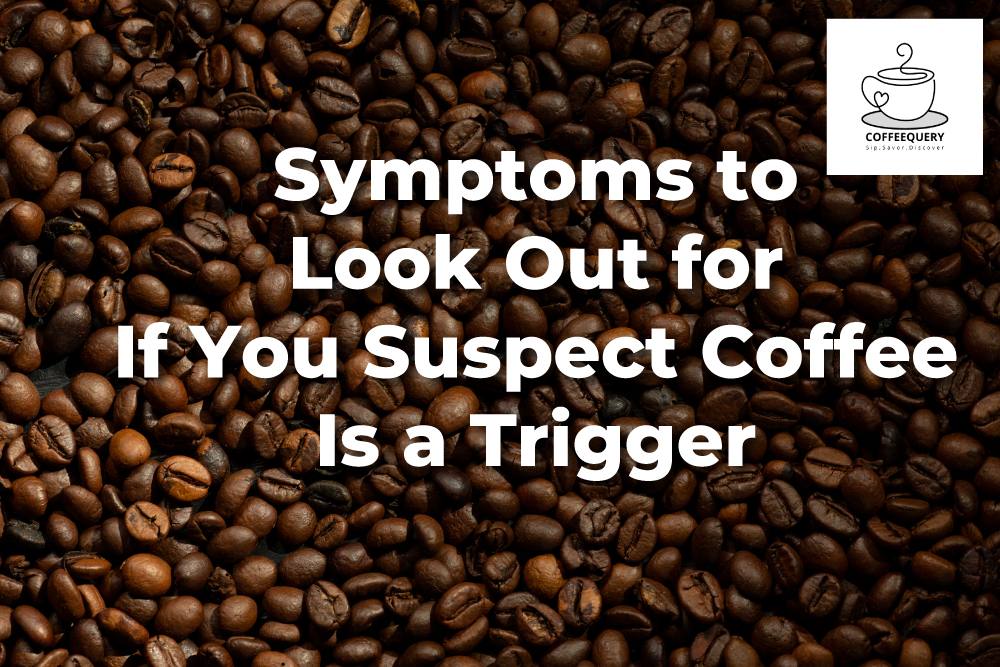
Redness, Swelling, and Pain: What to Watch For
If coffee is a trigger, symptoms may include redness, swelling, or pain in the mouth after consumption.
When Mouth Sores Appear After Drinking Coffee: Timing Matters
Keeping track of when sores appear in relation to coffee consumption can help identify if coffee is a potential cause.
Practical Tips for Coffee Drinkers with Sensitive Mouths
Should You Add Milk to Your Coffee to Reduce Acidity?
Adding milk or cream may help neutralize some of the acidity in coffee, potentially reducing irritation.
Is Switching to a Less Acidic Coffee Brand a Good Idea?
There are low-acid coffee brands available that may be gentler on the mouth. Choosing such options might lessen the likelihood of developing sores.
Drinking Coffee at a Lower Temperature: Does It Help?
Letting coffee cool before drinking can help avoid burning the oral tissues, reducing the chance of irritation.
Alternative Drinks for Coffee Lovers with Mouth Sores
Herbal Teas That Won’t Irritate Your Mouth
Herbal teas like chamomile or ginger can be soothing and less likely to cause mouth sores.
Low-Acidity Coffee Alternatives
Some beverages, such as chicory coffee or green tea, offer a similar flavor profile without the acidity.
The Benefits of Switching to Decaf
Decaf coffee can minimize the dehydrating effects of caffeine, making it a safer option for those prone to sores.
Managing Mouth Sores at Home
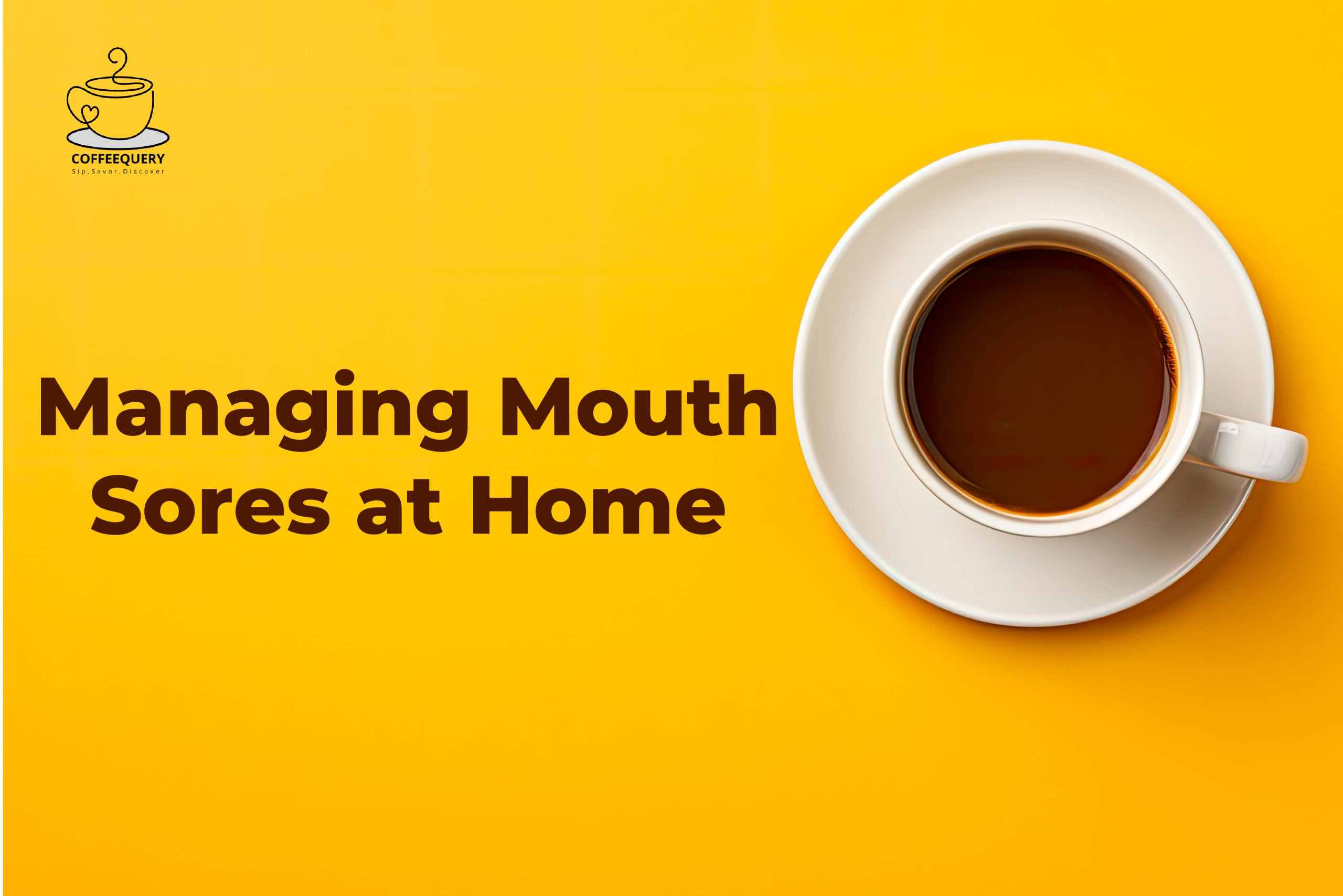
Over-the-Counter Treatments for Mouth Sores
Antiseptic mouthwashes and pain-relieving gels can help alleviate discomfort.
Home Remedies to Soothe Pain and Speed Up Healing
Rinsing with saltwater or applying honey can promote healing and reduce pain.
Lifestyle Changes to Prevent Recurring Mouth Sores
A balanced diet, proper hydration, and good oral hygiene are crucial in preventing mouth sores.
Oral Hygiene Tips to Protect Against Mouth Sores
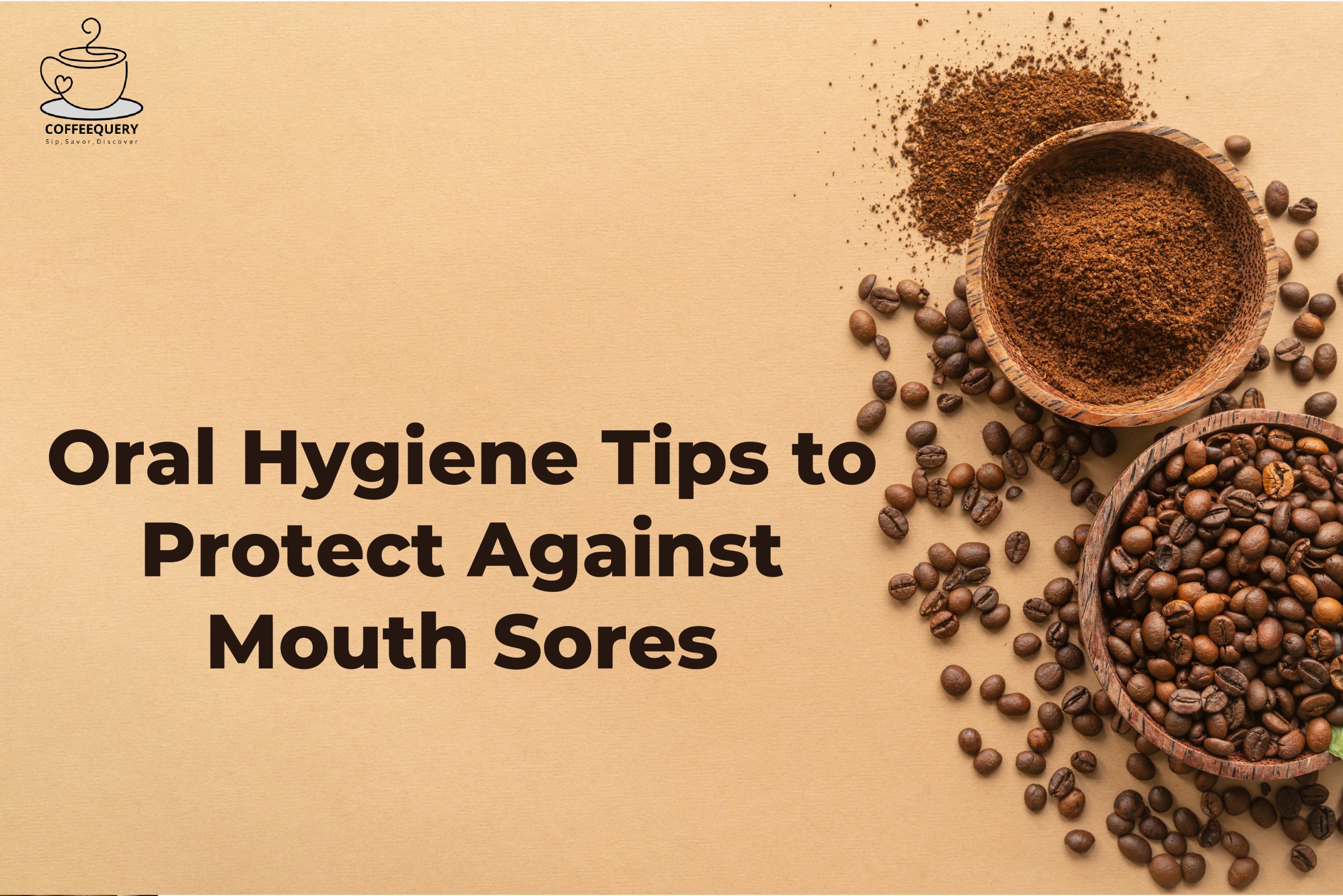
The Importance of Brushing and Flossing Regularly
Maintaining clean teeth and gums helps prevent irritation.
Using Mouthwash to Maintain Oral Health
Alcohol-free mouthwash can keep the mouth clean without drying it out.
Avoiding Toothpaste with Irritating Ingredients
Opt for toothpaste formulated for sensitive mouths to prevent aggravating sores.
When to See a Doctor or Dentist
Signs That Your Mouth Sores Need Professional Attention
If sores persist for more than two weeks or worsen, it may be time to consult a healthcare professional.
Potential Treatments a Healthcare Professional May Recommend
Prescription medications or special mouth rinses may be necessary for severe cases.
How to Prevent Future Mouth Sores with Medical Guidance
Doctors may recommend dietary changes or medications to manage symptoms effectively.
The Debate Continues: Should You Give Up Coffee?
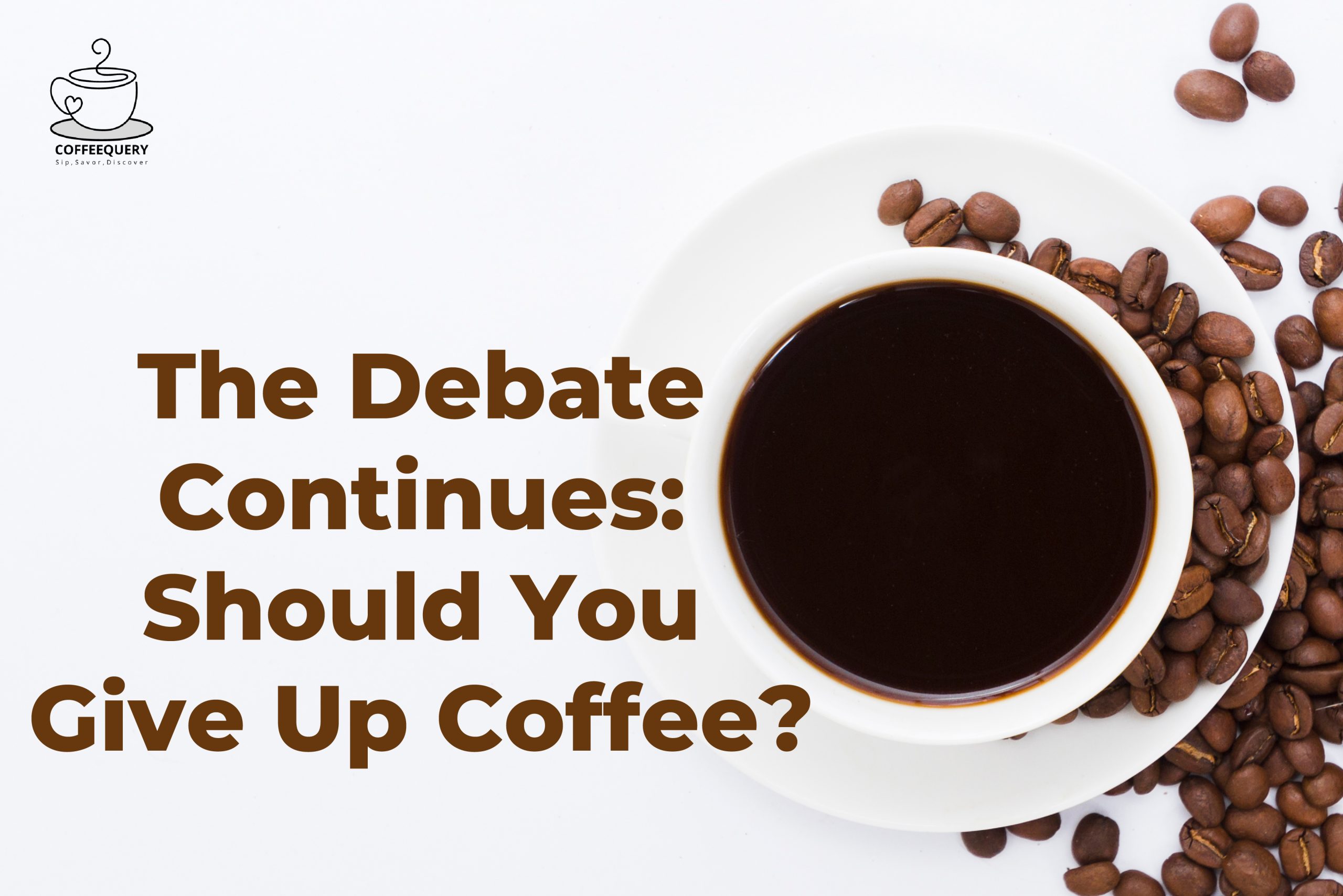
Weighing the Benefits and Drawbacks of Quitting Coffee
Consider the benefits of reduced symptoms against the pleasure and routine of drinking coffee.
Finding a Balance: Can You Still Enjoy Coffee Without the Risk?
Moderation and choosing the right coffee options can help reduce the risk of mouth sores.
Conclusion: Managing Your Coffee Habit for Better Oral Health
While it is possible for coffee to cause mouth sores in some individuals, simple adjustments can help prevent discomfort. If you’re prone to mouth sores, experimenting with coffee alternatives and taking preventive steps can allow you to enjoy your favorite drink while protecting your oral health.
Frequently Asked Questions (FAQ)
Can coffee cause mouth sores even if I drink it rarely?
Yes, even occasional consumption may trigger sores if you have a sensitivity to coffee’s acidity.
Is there a way to make coffee less acidic?
Adding milk, using cold brewing methods, or opting for low-acid coffee can help reduce acidity.
Do cold sores count as mouth sores caused by coffee?
Cold sores are caused by the herpes virus and are not directly linked to coffee consumption, although coffee’s acidity may irritate existing sores.
Are there specific foods that can help heal mouth sores?
Foods rich in vitamins B12, C, and zinc may promote healing. Avoiding spicy and acidic foods can also help.
Should I stop drinking coffee altogether if I have frequent mouth sores?
Reducing coffee intake or switching to less acidic options may help. It’s not always necessary to completely give up coffee.

